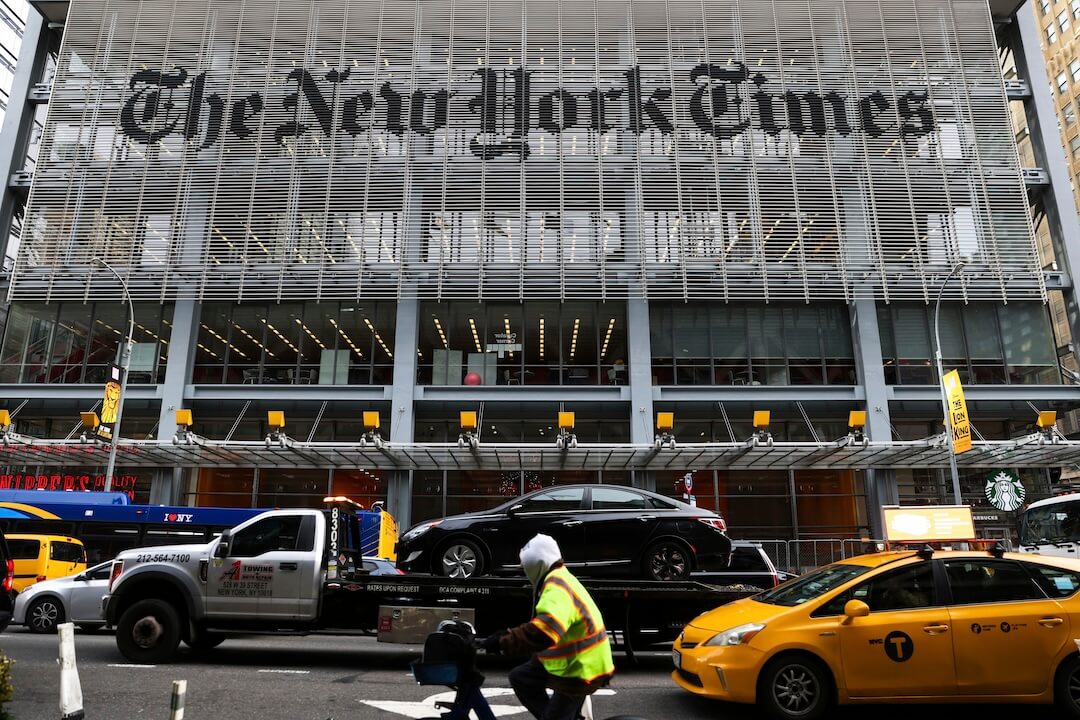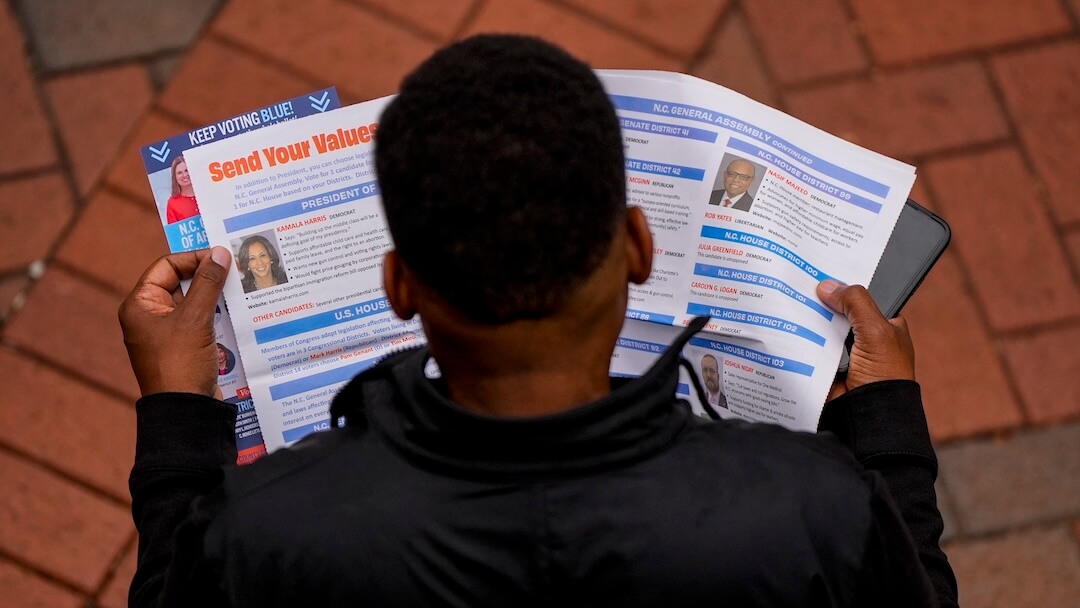It was odd to think about Shakespeare during a hurricane, but the Bard knew his storms. From "King Lear" to "The Tempest," where there was a Will, there was a wave, and often a deluge.
Shakespeare liked his storms because they placed his characters under pressure, scattered them to the corners of the Earth, made them strangers in strange lands, and tested what they were made of.
He knew that all humans – even kings – looked tiny in the face of a storm. None more so than King Lear, the ancient monarch who made the mistake dividing his kingdom among his three daughters. He begins as the most powerful ruler on the face of the earth, but by Act Three he is stripped of his power, his retainers, his possessions.
In the middle of the play, his ragtag band of followers – fools and madmen all – find him on an empty moor in the middle of not just a storm but a hurricane. He shakes his fist at the heavens:
Blow, winds, and crack your cheeks! Rage, blow!
You cataracts and hurricanoes, spout
Till you have drenched our steeples.
Crazed by his powerlessness against the force of nature, Lear strips himself of his clothing, facing the world as helpless as a newborn. He is suddenly aware of a human nature stripped of the trappings of civilization: no fabric for clothing, no perfume to mask the smell of impending doom: “Thou art the thing itself,” he yells against theatrical sounds of wind and rain, “Unaccommodated man is no more but such a poor, bare, fork’d animal … .”
Lear’s storm had no name, but ours was named Irma.
More than 400 hundred years after Shakespeare, human beings in the civilized world, in spite of our technological capacities, seem more vulnerable than ever. Deprived of power, light, water, air-conditioning, shelter, gasoline for our cars, many lack the survival skills required in more ancient cultures. In the face of a Category 5 hurricane, we flee into trouble or cower in the darkness, hoping to survive what is to come so we can be restored to our comfortable routines.
In the middle of the night, with the wind howling like an army of dire wolves, I thought of another Shakespeare play, "The Tempest," with its opening scene, a boatload of people, a royal family and a mob of sailors, stormed-tossed at sea. The sound of the deadly wind is too much for the boatswain: “A plague upon this howling!” he cries.
What we learn in the next scene is that the storm was caused, not by nature or by God, but by a godlike sorcerer, Prospero, exiled from his kingdom on an island. He seeks revenge on his usurpers and restoration of his rule. The storm washes survivors up onto his island.
The ship, the island – but also Key West, Marco Island, Naples, St. Petersburg – these are microcosms, small worlds that represent the entire world and all mankind. That’s the other thing about a storm. It may strip us to our bare essentials, fight or flight instincts. But a storm, as we have all learned from Irma, has the capacity to teach us the values we associate with community and collaboration. We have the capacity to work together, and not just for the people we love most, and not just for our neighbors. At our best we fulfill the commandment given in Leviticus, and reaffirmed in the Parable of the Good Samaritan: Love not just your neighbor, but the stranger.
My microcosm is a block of suburban homes in St. Petersburg, Florida. There are 20 houses on the block, ten on the north side of the street, ten on the south side. It is a racially diverse, middle-class neighborhood. By an unofficial count, there are ten African-American families and ten white families. Young children live there and folks into their 80s. We have a firefighter, police officer, utility worker, nurses, a letter carrier, a lunch lady, schoolteachers, and at least three writers (one 12 years old, one 21, and me). Jackie, the lady next door, helps take care of twin 4-year-old boys – Landon and Evan – her great-grandchildren. My wife helps out.
There we were in the storm, a cross-section of working-class America, watching forecasters project us as Ground Zero for Irma, the spaghetti models snaking like Medusa’s hair up the Gulf Coast. We were in evacuation zone C, and most everyone on the street stayed put, fearing the unknown of distant highways and gasless cars. Would our windows and roofs hold up? Would storm surge send water up our street and into our houses? Before the storm, people left their houses and visited neighbors, some of whom we had never talked with before. There were hugs, high fives, encouragement, offers of help. Do you have storm shutters? Do you have water? Anyone have a generator? Have you topped off the gas in your car if you have to escape?
One moment stands out. We live next door to a young family we have come to love like our own. The one downside, over the years, is their preference for weekend parties in the back yard, especially to watch football games and drink a little beer. It can get noisy into the night. On occasion, my wife has been known to shout over the fence and shut things down.
So there were the same party boys next door putting up plywood over the windows. Next thing I know, they are at my front door with a big slice of white wood, anchoring screws into the brick grout, covering our front window. “Don’t worry, Mr. Clark,” they said, “We got your back.”
When the storm was over, the ten houses on the south side of the street kept our power, but the north siders lost theirs. As of this writing, there were eight utility trucks working on the trees and wires. On Sept. 11, of all dates, and Sept. 12, we emerged from our houses. Our immediate neighbors helped each other with cleanups and supplies. Folks came into our house for water, cool air, to power their phones, to borrow a tool. A grandmother visited several times so she could run her asthma machine. We were on this island together, black and white, old and young, strong and frail, Trump lovers and Trump haters, less aware of our differences than of our common humanity.
Shakespeare wrote "The Tempest" late in his career. Prospero, with his magical books and powers, acts like a director of a great human drama and is sometimes thought of as a stand-in for the Bard. In this play, not a tragedy but a romance, order is restored, evil is punished, and love will find a way. The playwright’s pen is the magician’s wand. It is a hopeful, procreative view of human nature, expressed most powerfully by the magician’s daughter, Miranda:
Oh, wonder!
How many goodly creatures are there here!
How beauteous mankind is! O brave new world
That has such people in’t!
Writers know the storm not just as a powerful experience of loss or survival but as a metaphor for our common lives. The sky may look clear, even when we proclaim the cliché that in our personal lives we have weathered a storm. When that storm is addiction, depression, cancer, or acts of terrorism, it can feel like Lear standing naked in the face of a hurricane. When we come through it, shaken but maybe stronger, the world, Florida, St. Pete, Pinellas Point, my block, my house, my neighbors, my family, can feel new again. This is the story we were born to live – and to tell.
Correction: The name of the daughter in "The Tempest" is Miranda. This article has been edited to reflect the correct name.







